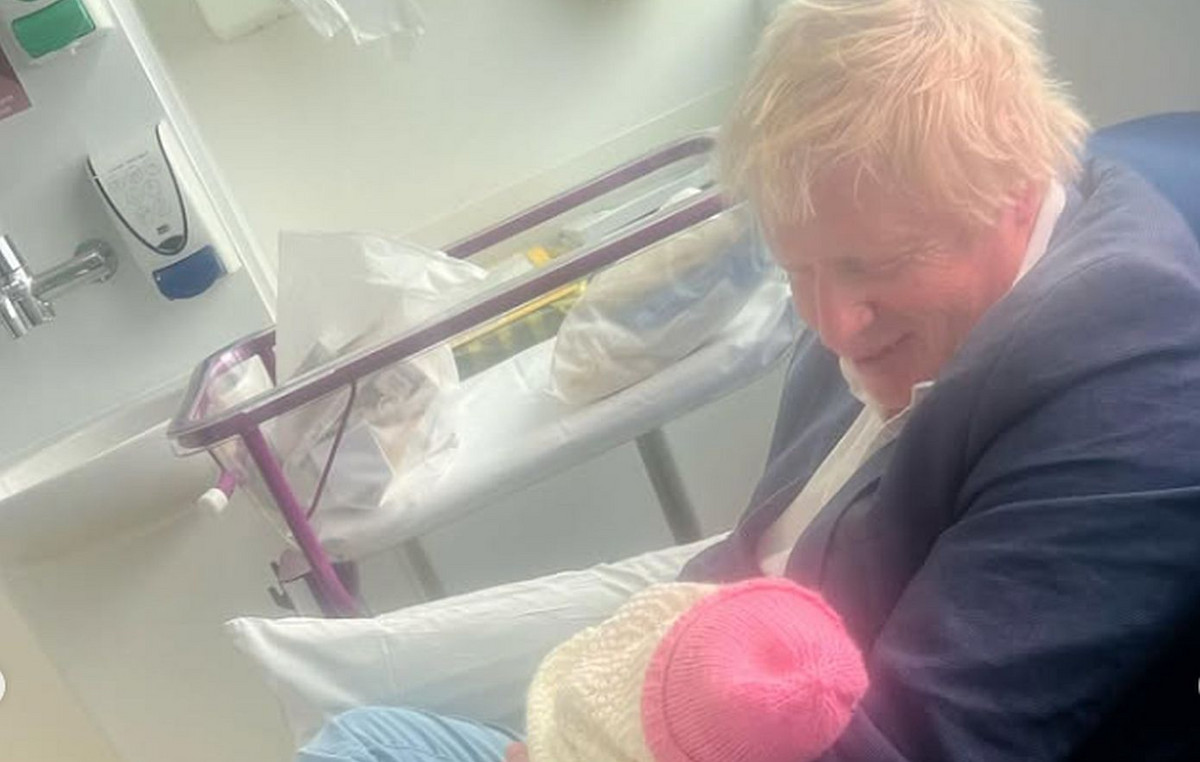Argentina could see a reset of some global ties depending on the outcome of the second round of presidential elections this month – although the value of trade with partners such as China and Brazil could outweigh any short-term political posturing.
While Economy Minister Sergio Massa, a pragmatist from the left-wing coalition in power, signaled political continuity, radical libertarian candidate Javier Milei harshly criticized China, Brazil, the Pope, Mercosur and the Brics group.
Massa and Milei face off on November 19th in what appears to be a tight race, with angry voters deeply divided amid inflation of almost 140%, two-fifths of the population in poverty, sky-high interest rates and capital controls. that harm the economy.
VIDEO – Understand how Argentina reached the current economic crisis
The vote could affect the global positioning of Argentina, the second largest economy in South America, which is a major grain exporter, as well as a producer of lithium and shale. However, years of volatility have left some international investors cautious and the country is the biggest debtor to the International Monetary Fund (IMF).
Gustavo Martinez Pandiani current Argentine ambassador to Switzerland and Massa’s likely foreign minister, said a future Massa government would seek to improve the country’s global partnerships.
“While some promise to cut ties with Brazil or China, we want more markets and more trading partners, not fewer,” he said.
Milei said he “will not make agreements with communists” in China or Brazil, although he supports private trade. He described climate change as a “lie of socialism” and said Pope Francis, who is Argentine, is “on the side of bloody dictatorships.”
Diana Mondino, Milei’s likely foreign minister, said that some of his statements were taken out of context and that, in fact, he would seek to “reinsert Argentina into the world”.
“Not only are there no problems with Brazil, but we hope to be able to trade as much as possible with Brazil,” declared Mondino, adding that, with China – an important trading partner, creditor and investor – Milei would simply stop opaque agreements between states.
This could include the country’s $18 billion currency swap line with China, which has helped Argentina pay off its debt to the IMF. China is also a major investor in local lithium, hydropower and nuclear projects.
“What we are not going to do are secret contracts. Argentina, under this government, over the last 20 years, has had several secret negotiations,” she said. “That’s not normal and that’s what we’ve said we won’t do.”
A current senior source at the Ministry of Foreign Affairs, from the same Peronist coalition as Massa, predicts that Argentina’s ties with Brazil and China would continue regardless of who wins the election.
“Relations with China will continue as before, with either of the two candidates. The intense trade that exists with them cannot be dissolved,” said the person, who asked not to be identified.
“The same thing would happen with Brazil: bad personal relations do not affect trade.”
See also – Analysis: Milei, Massa and the uncertainties about the election in Argentina
Mercosur and Brics
Massa and Milei also clashed over Mercosur, a regional trading bloc led by Argentina and Brazil that has faced internal tension from other members who say it is not an effective trade mechanism for negotiating global agreements.
The Peronists want to strengthen the bloc, while Milei threatened to withdraw Argentina from it.
Pandiani said member countries need to “modernize Mercosur to make it more efficient” and added that a Massa government would consider it its “main platform” for global trade.
“Argentina has a very promising future, because it has what the world demands: proteins; traditional, green and transitional energy; essential minerals such as lithium and copper; rare earths and qualified human resources,” he stated.
The current government has also been pushing for Argentina to be part of the China-backed BRICS group of developing countries, which also includes India, Brazil, Russia and South Africa. Argentina was invited to join the group in August. Milei opposes membership.
“BRICS is not a commercial bloc. So far, it is not clear why we would want to be part of this group,” said Mondino.
Pandiani disagreed. “Rejecting entry into Brics is absurd; We believe that Argentina should always sit at the negotiating tables where important issues for our future are discussed,” he declared.
Source: CNN Brasil
Bruce Belcher is a seasoned author with over 5 years of experience in world news. He writes for online news websites and provides in-depth analysis on the world stock market. Bruce is known for his insightful perspectives and commitment to keeping the public informed.





